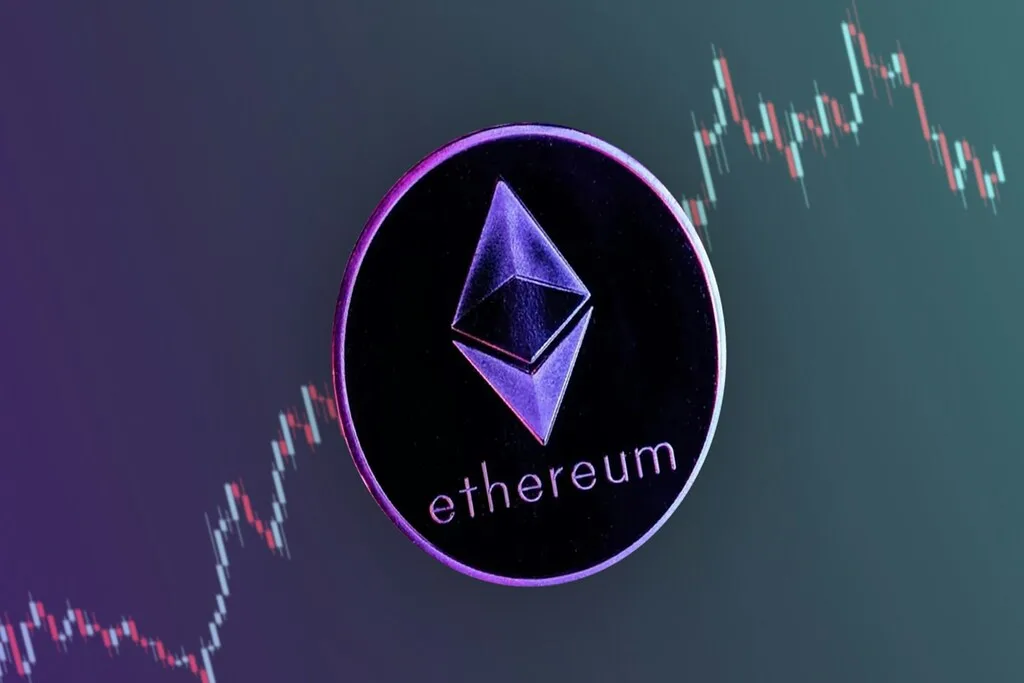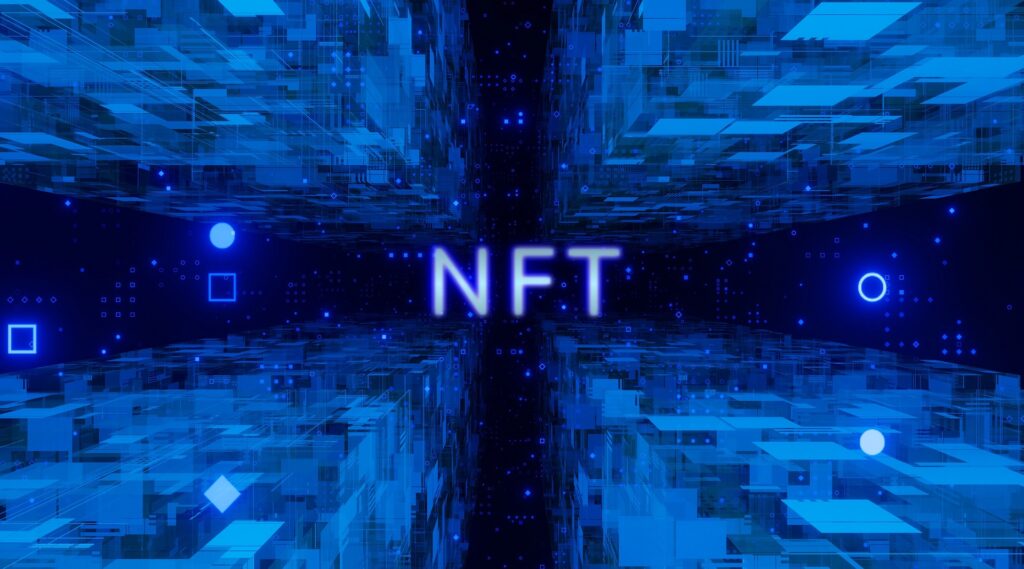Imagine you had a huge Lego box, one that you could share with friends anywhere in the world. But instead of building houses and cars, this Lego set lets you build games, apps, and even your own money. Sounds wild, right? Well, that’s kind of what Ethereum is.
I remember a moment that made this click for me. My younger cousin was playing a game where he bought a sword using game points. A week later, the game shut down, and he lost his sword and points. He was crushed. That’s when I thought: what if he owned the sword outside the game too? What if the sword was his, no matter what?
That’s exactly what Ethereum makes possible. Let me explain it like you’re five, or like you’re just trying to understand this confusing thing called “Ethereum” in plain, real-world terms!
What is Ethereum? The internet’s brain that never sleeps
Let’s start with the basics.
Ethereum is like a super smart computer that lives on the internet. But instead of one company controlling it, thousands of computers all over the world share the job. This big group is called a blockchain. It’s like a notebook that everyone can see but no one can erase or cheat.
Here’s how Ethereum is different from Bitcoin:
| Feature | Bitcoin | Ethereum |
|---|---|---|
| Purpose | Digital money | Smart apps and contracts |
| Created in | 2009 | 2015 |
| Smart contracts | No | Yes |
| Creator | Satoshi Nakamoto | Vitalik Buterin (and team) |
| Token name | BTC | ETH |
So, while Bitcoin is like a calculator that only does money, Ethereum is like a full computer that can run programs. These programs are called smart contracts.
Smart Contracts: No need to trust, just code
Let’s go back to the playground.
Say you and your friend make a deal: if you win the race, your friend will give you a chocolate bar. But what if your friend changes their mind later? That’s where trust can break.
Now imagine a robot standing next to you with a rule in its memory: “If Kazim wins, give him the chocolate.” No arguments. No cheating. The rule runs automatically.
That’s what a smart contract is. It’s a mini-program that runs exactly as written, no matter what.
Real-world examples of smart contracts:
- Renting an apartment: You pay ETH, and the contract sends you the digital door code.
- Online games: Own weapons and items that are yours, even if the game disappears.
- Crowdfunding: Money is only released if the project gets enough backers.
These contracts don’t sit on one company’s server. They live across thousands of Ethereum computers. No single person can change them!
How do people use Ethereum?
You may be thinking: “Okay, cool. But what do real people actually do with Ethereum?”
Here’s a simple list of how Ethereum is used today:
1. Decentralized finance (DeFi)
This is like doing banking stuff, without the bank. You can:
- Lend money and earn interest
- Borrow money instantly
- Trade coins without a middleman
And it all happens through smart contracts.
2. NFTs (Non-Fungible Tokens)
Heard of people buying pictures of apes for thousands of dollars? Those are NFTs. But it’s not just hype. NFTs can represent:
- Art
- Music
- In-game items
- Event tickets
They’re like digital collectibles that prove ownership.
3. DAOs (Decentralized Autonomous Organizations)
Imagine running a club where no single person is the boss. Decisions are made by voting, and everything is transparent. DAOs do that. Reddit recently tested something like this with Community Points, and it all ran on Ethereum.
Ethereum Gas Fees: The not-so-fun part
Now let’s talk about a real-life annoyance.
Every time you do something on Ethereum, like sending ETH or using an app, you have to pay a gas fee. Think of it like postage for sending a letter. The more complex your letter (like using a smart contract), the higher the fee!
Sometimes, gas fees are cheap. Other times, they’re expensive, especially when many people are using Ethereum at once.
Why do gas fees exist?
- They prevent spam on the network
- They pay people (called miners or validators) who keep Ethereum running
Ethereum is now moving to a more energy-friendly system called Proof of Stake, which should lower these costs.
Why Ethereum is exciting (even if you’re not a coder)?
I’m not a developer. I don’t code. But I still get excited about Ethereum because it’s creating a new kind of internet. An internet where:
- You own your stuff
- You don’t need permission to use services
- Apps don’t shut down just because a company says so
It’s like the difference between renting a house and owning one. Ethereum gives you keys to your own digital property.
Some fun analogies to remember Ethereum by
If all the talk still sounds techy, here are some fun comparisons that help explain Ethereum in real life:
| Ethereum is like… | Because… |
|---|---|
| A vending machine for code | You put in ETH, follow rules, and it does the rest |
| Lego for developers | They can build apps, games, and tools on top of it |
| A bank without bankers | You control your money, and smart contracts run the show |
| A rule-following robot | It executes deals and agreements with no emotions |
| An internet not owned by anyone | No single company controls it |
Ethereum is still growing up, just like us!
Just like a five-year-old learning to ride a bike, Ethereum is still figuring things out. It’s had its messy moments, bugs, hacks, and high gas fees, but it’s also growing into something powerful!
New upgrades like Ethereum 2.0 (now called the Merge) have already made it faster and greener. Upcoming features could make it even cheaper to use and more scalable for millions of people.
Here’s the thing: you don’t have to be a tech genius to care. Ethereum is shaping the future of how we own, create, and share things online.
So next time someone mentions Ethereum, just smile and say: “Oh yeah, I know that one. It’s like a magic Lego box for building internet stuff.”
With over five years of experience in the tech industry, Kazim excels at simplifying complex topics, making them accessible to tech enthusiasts and general readers alike.
He has contributed to several renowned publications worldwide, including WindowsReport and Allthings.how, bringing insightful coverage of key developments in the field.
When he’s not writing, you’ll find Kazim planning weekend getaways or diving into tech verticals beyond his expertise.




